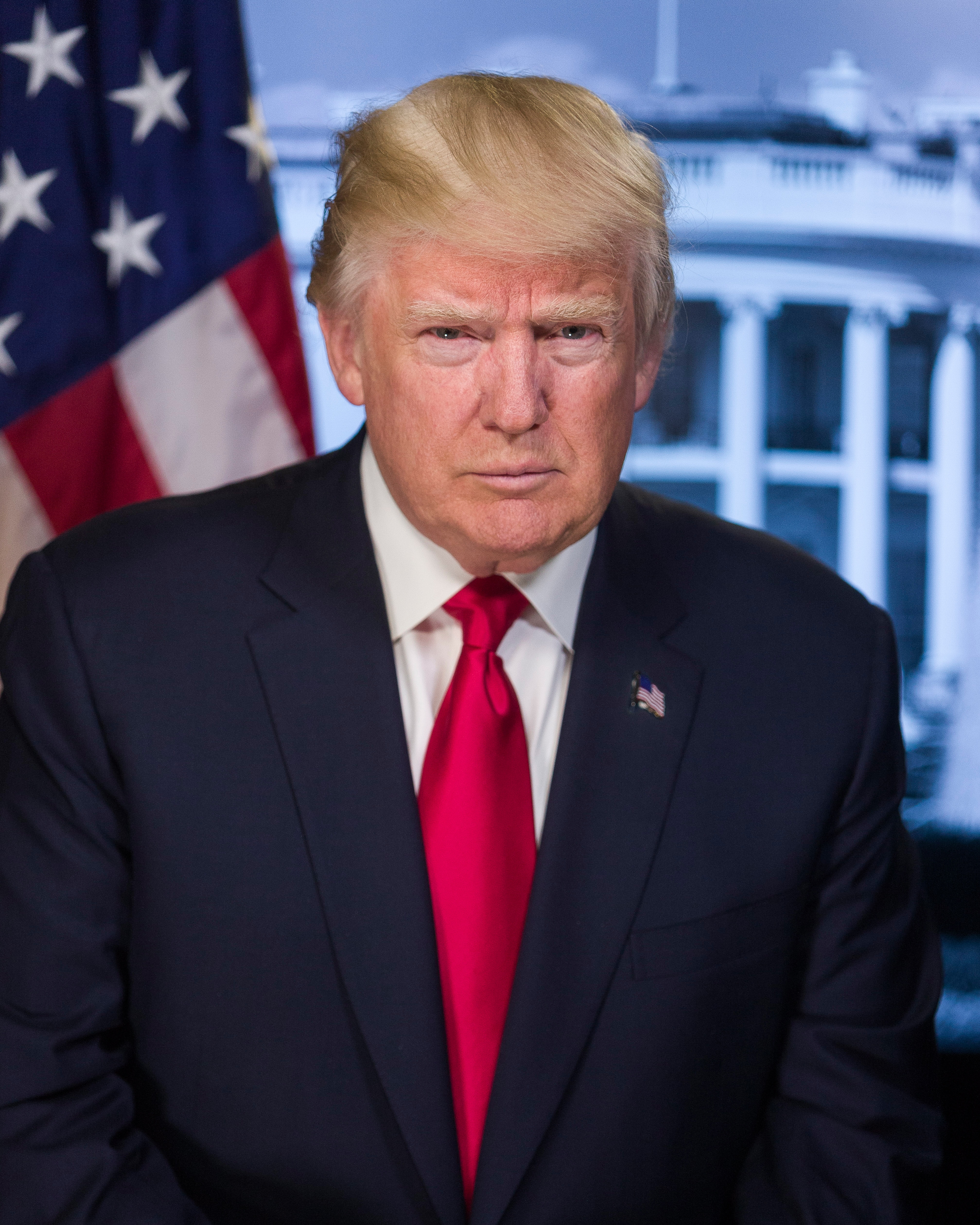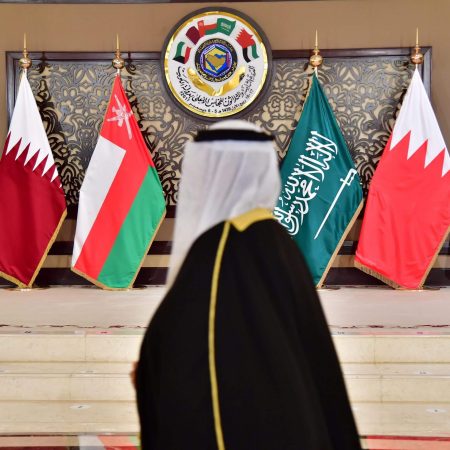NSG Poses Nuclear Dilemma For India
By Nilofar Suhrawardy, MMNS
NEW DELHI: The political storm raised over importance of the controversial Indo-US civilian nuclear deal by the Congress-led United Progressive Alliance (UPA) government appears to have fallen flat. The two-day meeting of 45-member Nuclear Suppliers Group (NSG) concluded without giving a green signal to end the 34-year old isolation of India in civil nuclear commerce (August 21-22). Informally, the NSG has agreed to meet again within a fortnight, but only to discuss a new text with inclusion of some suggestions and amendments made by several members at the Vienna meeting.
India has yet to categorically state its stand on whether it will accept the numerous suggestions and amendments, it is expected to by several NSG members. “We have to see what kind of amendments come. Then only we can decide. But we cannot accept prescriptive conditionalities,†External Affairs Minister Pranab Mukherjee said. He had been briefed by Foreign Secretary Shiv Shankar Menon about developments in Vienna, Mukherjee said on board, accompanying President Pratibha Patil on a two-day visit to West Bengal (August 23).
Though differences between India and NSG countries are said to have narrowed down considerably, the Vienna meeting was marked by more countries having raised objection than New Delhi had expected. Nearly half the NSG members had moved amendments and suggestions, pushing India towards nuclear non-proliferation in return for granting it the exemption sought by United States on its behalf. What was perhaps more alarming for India was the apparent decision of eight nations- Austria, Denmark, Finland Ireland, New Zealand, Norway, Switzerland and Sweden – to push amendments to the US draft.
As the US Congress adjourns on September 26, before elections in November, India and United States have very little time to agree on a new draft. Nevertheless, the US government still remains hopeful of presenting the 123 agreement to the Congress when it resumes its session on September 8. Hinting that US is not against some changes to secure the green signal from NSG, the visiting US Assistant Secretary of State for South Asia Richard Boucher said: “I don’t want to lie to you…I can’t really lie. There might be some changes that we could accept. But we are pushing for a clean text.†“The US and India will have to sit together and see what we can accommodate and what we can’t. We will have to talk to the other governments involved,†he said (August 22).
Some of the suggestions made at the NSG, viewed as “unpalatable†for India, are signing the Comprehensive Test Ban Treaty (CTBT); and acceding to the Nuclear Non-Proliferation Treaty (NPT). Against this backdrop, however hopeful United States may seem on pushing through the deal, prospects of India accepting suggested changes in the draft are dim. This is more so because issues raised in Vienna were more or less in line with US Hyde Act, which establishes conditions for American nuclear commerce, apparently expected to apply to Indo-US nuclear deal too. The “prescriptive conditions,†Mukherjee spoke of, include the Hyde Act, according to which the deal expires the moment India goes for another nuclear test, sources said.
The Communist Party of India-Marxist (CPI-M) views the possible NSG nod to a US-sponsored draft as “another surrender (to US) in the offing.†After binding itself fully to Bush administration on the deal, Prime Minister Manmohan Singh’s government would now “go forward to further compromise India’s interests,†the CPI-M said in a statement. “The draft submitted by the US seeking a waiver on sanctions on nuclear trade for India from the NSG and the subsequent discussions make clear that the Hyde Act conditions will be built into this waiver,†the statement said. “All of these were to ensure that the NSG waiver conformed to the Hyde Act conditions. Whatever wording the US makes in a revised draft, as in the case of the 123 agreement and the IAEA (International Atomic Energy Agency) safeguards agreement, the NSG waiver too will be in conformity with the unacceptable conditionalities of the Hyde Act,†the statement said (August 23).
In a similar tone, senior Bharatiya Janata Party (BJP) leader, former foreign minister Yashwant Sinha said: “The fiasco that happened at the NSG meet shows shoddy homework on the part of our government which had all the time in the world, that is the last three years, to work on the Nuclear Suppliers Group.†Blaming the Indian government for having been “ensnared†into a non-proliferation framework, Sinha said that US has been “continuously shifting the goalpost and tightening the grip over India to fall into the framework.†“Earlier also we warned the government about this,†Sinha said. The “ultimate shifting of the goalpost by the US,†is the Hyde Act, he said. “Our government took the plea that India was not bound by the Hyde Act, which was completely wrong,†Sinha pointed out.
Meanwhile, though Delhi and Washington are still engaged in trying to end isolation of India in civil nuclear commerce, India has begun saying that failure to get the NSG waiver for this is United States’ responsibility. As expressed by an Indian official: “There was an agreement in 2005 in which we both made certain commitments. We have delivered on all of ours. Now the Americans have to deliver the NSG-waiver, not us.â€
10-36














2008
837 views
views
0
comments